Book Review: How to Raise Successful People by Esther Wojcicki
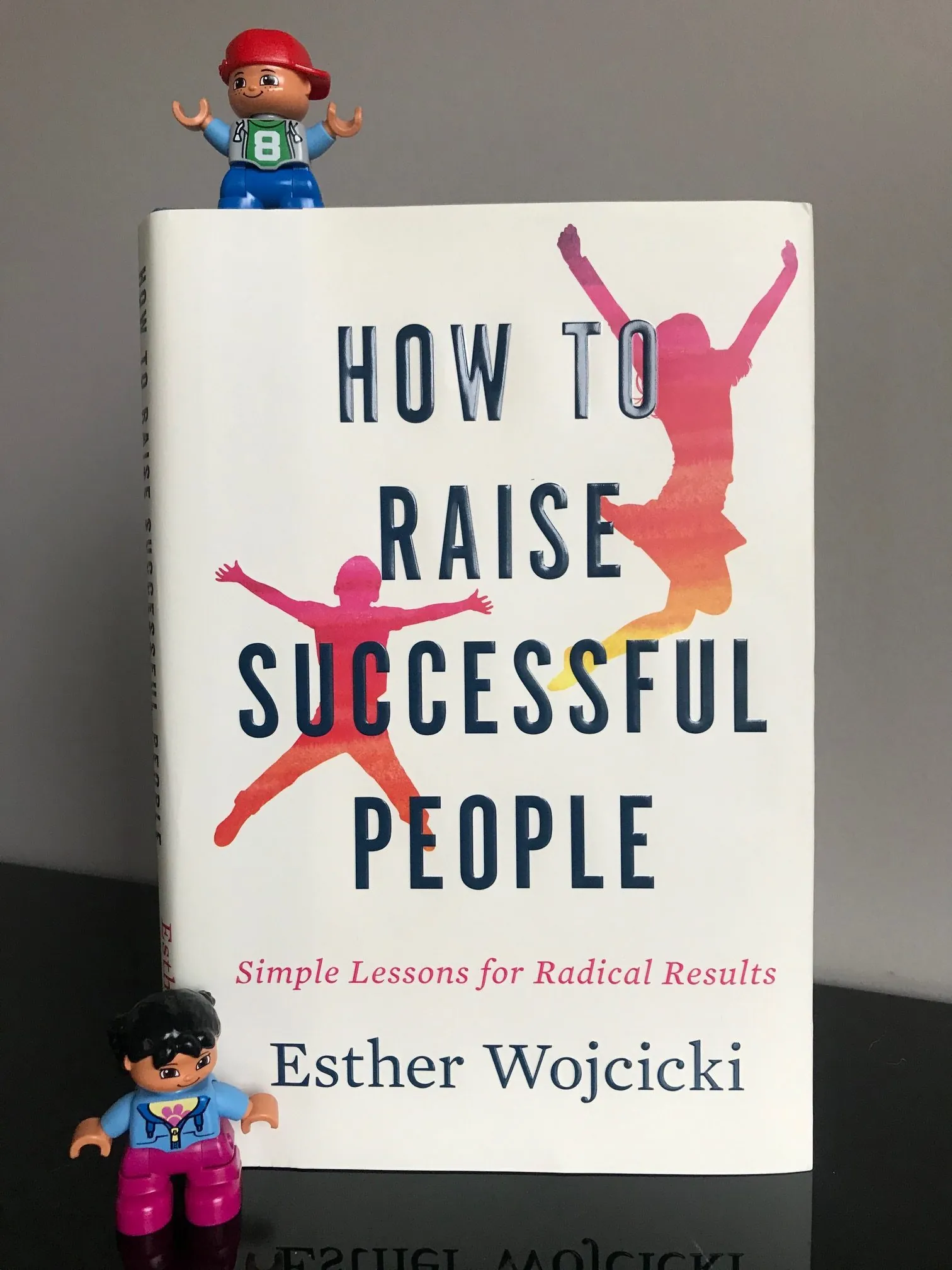
By simply reading a book called ‘How to Raise Successful People’, I’m truly showing my colours, and by that I mean my unwarranted optimism. The idea that we as parents have control over whether our children will be successful or not is somewhat suspect, but I’m going to keep my fingers crossed that reading parenting books isn’t a waste of time, and I’l fall more towards the ‘doing something right’ rather than ‘doing things consistently wrong’ kind of parenting by reading them.
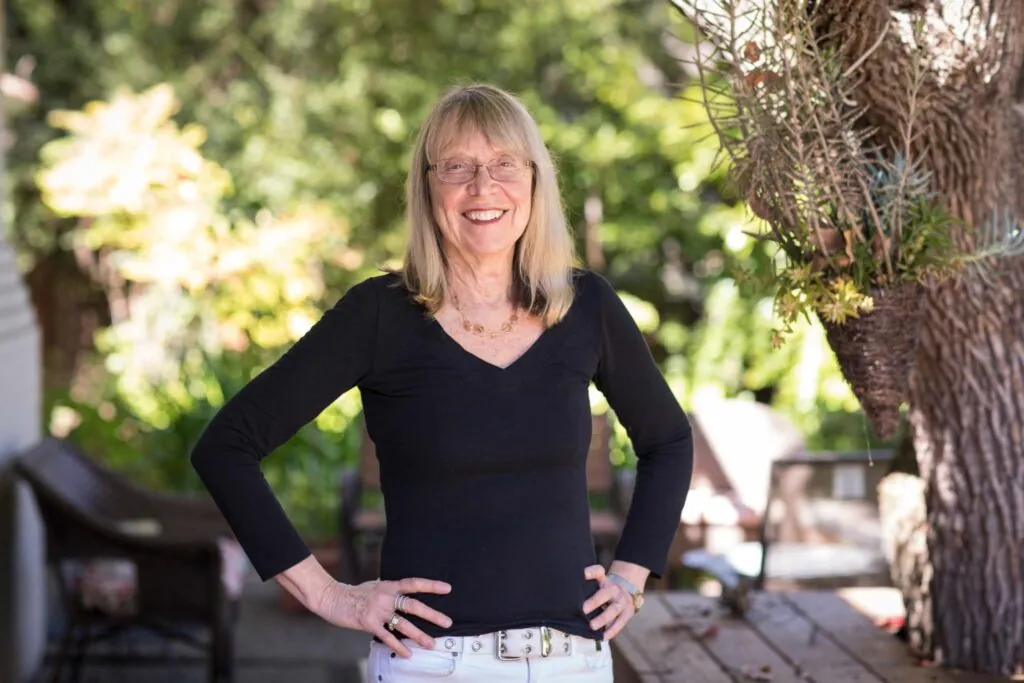
How to Raise Successful People by Esther Wojcicki is based on her self-devised T.R.I.C.K. principal; Trust, Respect, Independence, Collaboration, and Kindness. In essence, she’s advocating for treating children as if they are independent, free-thinking beings that need steering in life, rather than dominance. Her perspective is a drastic opposite to the popular ‘helicopter’ style of parenting we see nowadays. No one wants to admit they are a helicopter parent, but I think we all have a bit of it in us. Do you schedule every moment of your kid’s day? Do you constantly do things for them because you don’t have time to wait for them to figure it out on their own, or you can’t stand their whining when they don’t get it right away? Do you prepare activities for them to do in the car because you don’t want them to get bored while staring out the window? These are all topics that Wojcicki addresses in her book, and for the most part, I was totally on board with them (and happily realized my hands-off style of parenting seems to align well with her advice).
The first part of her book addresses the fact that a lot of us parent based on how we were parented; we either reinforce what our parents taught us, whether it be good or bad, or we are so resentful of our parents we want to do the exact opposite. Wojcicki is adamant that we must ruminate on our childhood, come to terms with it, and then make our decisions based on what’s best of our own children, not on our pasts. She also points out that many parents raise their children with the idea that their successes are a direct reflection of the parents themselves, and she argues this is completely unrealistic. I totally agree with that-your kids aren’t you, so stop trying to mold them into the person you wish you were; let them be their own person, free of your own insecurities. One of the quotes that sums up the book well:
“Parents need to calm down” (p. 62).
Even if you think the rest of her advice is silly, this one phrase is a great reminder that all parents need to keep in mind. There is so much pressure from social media that trains parents to constantly be ‘working’ on their kids, and although reading a parenting book may seem counter-intuitive to this, it’s actually a really useful tool that has reiterated I need to trust my own instincts and stop worrying so much.
Many people have complained that Wojcicki comes across as a braggart or name-dropper in this book, and I won’t argue with that statement. She’s known as the ‘godmother of silicon valley’ because she taught Steve Jobs’s kids, is friends with Elon Musk’s mother, and even taught Hollywood actor James Franco. Each of her three daughters have gone on to be extremely successful as well, and her (only!) marriage is still going strong after decades. By most metrics, she does live a very successful life, and taking advice from someone in her position makes a lot of sense. In her defense, you need to come across as confidant in your abilities if you’re going to be writing a book about this topic; giving parenting advice is general is an act of boasting by claiming you know more than others about this impossibly difficult job. And although she does stray into topics that don’t center solely on children (she proudly declares that she is not tempted by bad foods, and that people should try harder at their marriages in general) I still found this book useful and worthwhile. Keep in mind you don’t need to come away with an entirely new blueprint for life with these self or family improvement books, instead, try to take one or two good habits or reminders away from them, and your time reading it will be well spent.

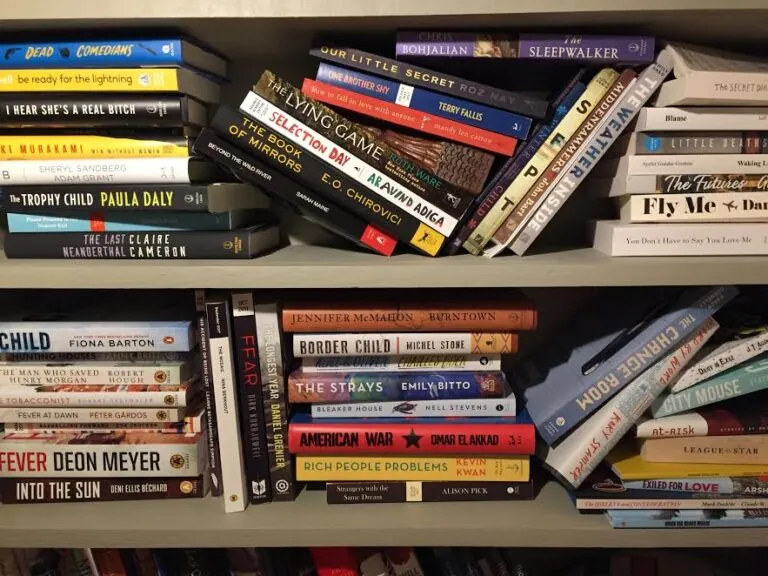

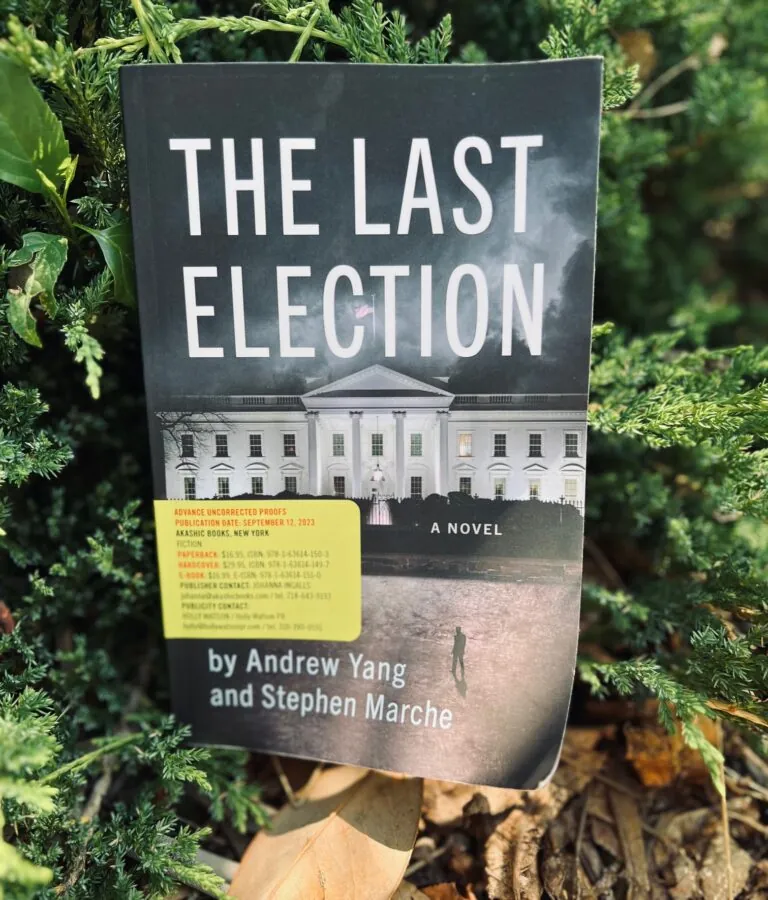

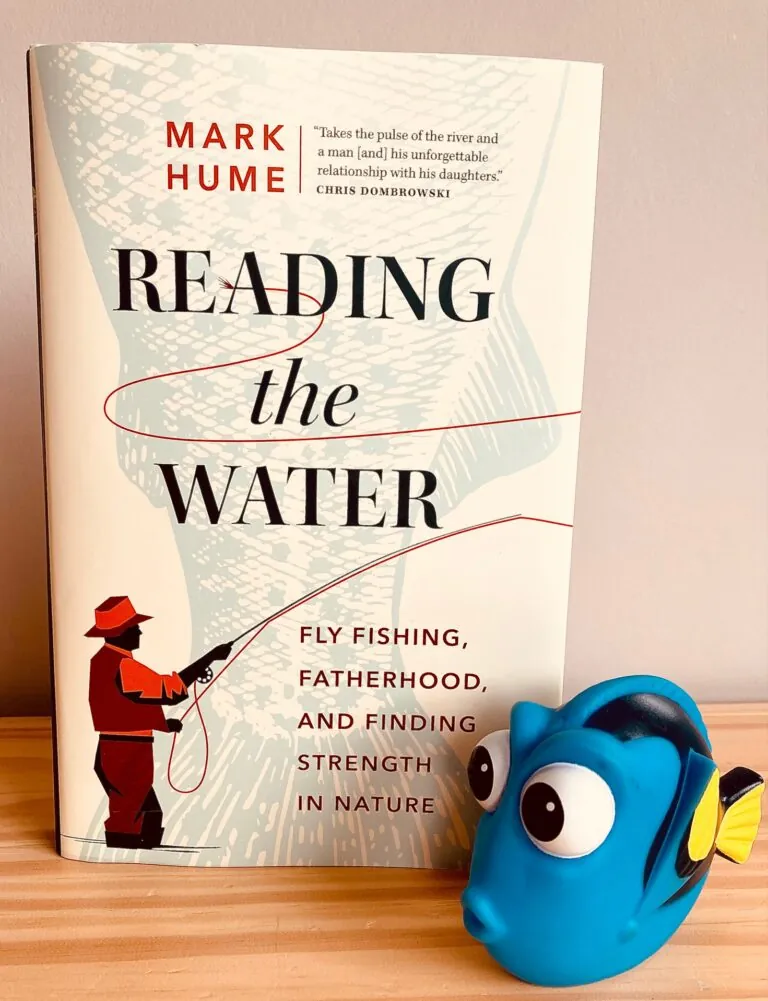
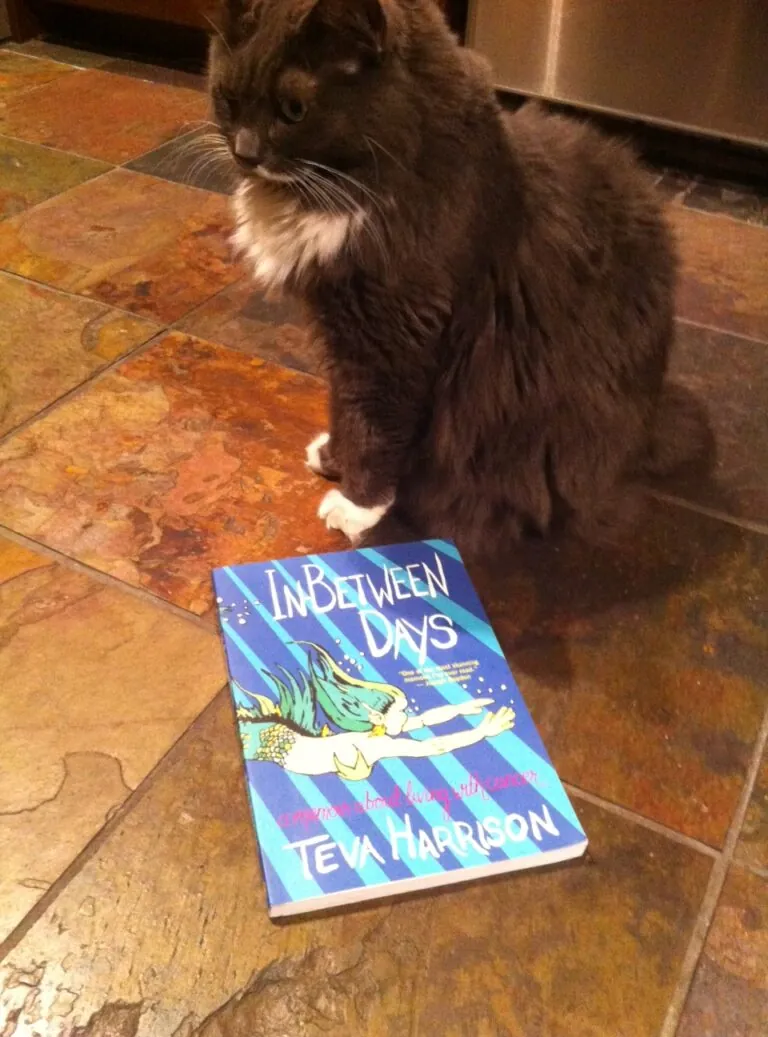
We followed the core humanist principles, which sound pretty similar–Honesty, Fairness, Compassion, Respect, and Responsibility–but make a much less appealing mnemonic. But I also feel like compassion is key and I’m not sure that kindness gets to the same place. Still, overall, this sounds like a book I could get behind. Have you read Madeline Levine? Her Ready or Not was in the NYT earlier this year and I wished that I’d read it years ago, when it seemed like the parenting advice was all pro-‘copter. (Did I mention her before? I can’t remember if I mentioned it to you or to Laila?)
Like Laila, I’m guilty of reading very few parenting books. I just couldn’t get into them. To make up for it, I subscribed to a parenting magazine and read the articles. I was never much of a helicopter parent (too exhausting), but when they started experimenting in the kitchen I knew I had to get out or else I’d take over and ruin their fun. I only came in to help if they had a question.
that may have to be my strategy too Naomi, watching Ava try to cook makes me cringe!!!
Haha! I’m glad it’s not just me!